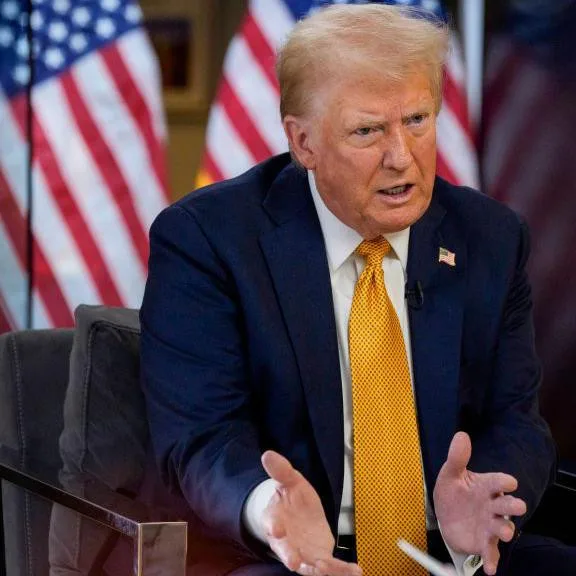In a significant political move, former President Donald Trump announced on January 18, 2025, his intention to end birthright citizenship through an executive order. This announcement comes amidst a broader campaign to reshape immigration policies that Trump believes contribute to what he refers to as a crisis in the U.S. immigration system. During a press conference, Trump stated, “We cannot allow our country to be overwhelmed by those who come here illegally and take advantage of our laws, including the principle of birthright citizenship.” This proposed change aims to eliminate the guarantee of U.S. citizenship for anyone born on American soil whose parents are undocumented immigrants. Legal experts warn that such an action could face multiple legal challenges and may not withstand scrutiny in courts, due to the constitutional implications of amending the 14th Amendment, which affords citizenship to anyone born in the United States. Trump’s initiative drew immediate responses from a coalition of immigration advocacy groups who decried the proposed changes as discriminatory and harmful. Jennifer Martinez, a spokesperson for the National Immigration Law Center, responded with strong criticism, stating, “This is nothing short of a desperate attempt to prey on the fears of Americans and undermine the foundational values of our country.” In a related report, officials from the Department of Homeland Security indicated they are preparing for potential changes in immigration policy but affirmed their commitment to upholding the constitutional rights of all individuals within U.S. borders. As Trump’s announcement gains traction, Republican lawmakers are expressing divided opinions, with some backing the former president’s plan while others caution against altering long-standing traditions. Critics, including legal scholars, argue that revoking birthright citizenship could create a range of socio-legal complexities, complicating the status of children born to foreign nationals in the United States. The topic continues to spark debate across the political landscape as opinions remain deeply polarized.
Trump Announces Executive Order Ending Birthright Citizenship













